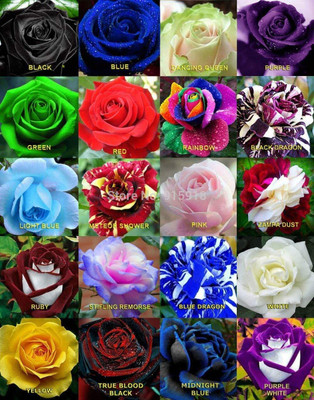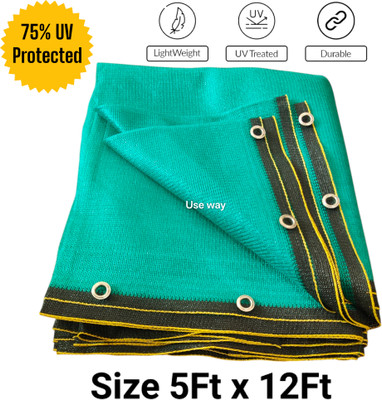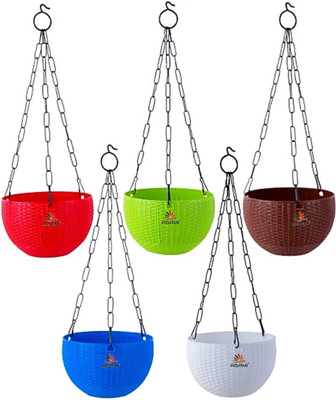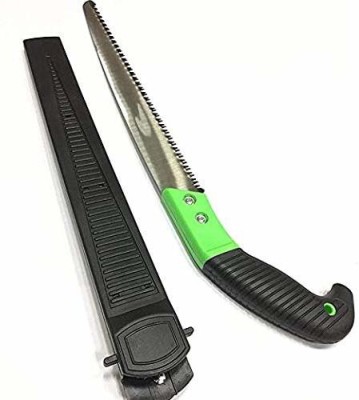
ecotika Calcium Bentonite Soil (4 kg, Powder)
Price: Not Available
Currently Unavailable
Highlights
- Soil
- Used for Soil amendment, skin treatment, plant wound healing
- Available as Powder
- Packed in Bag
- Pack of 1
Description
The clay that we are discussing here and will continue with, is a type of Montmorillonite. Montmorillonite clays have a 2:1 lattice structure that can absorb large amounts of water. The clay that contains these and the one we are talking about is called Bentonite. Bentonite usually forms from the weathering of volcanic ash, most often in the presence of water. Geologically it is a aluminum phyllosilicate material, a type of clay mineral mainly composed of montmorillonite. There are several types of Bentonite subdivided into Calcium Bentonite, Sodium Bentonite, Potassium Bentonite, etc. each with different properties. Sodium Bentonite can hold 15-20 times its weight in water and is used for sealing ponds. Bentonite when exposed to water swells enormously hence it is used to seal ponds and even geosynthetic liners. Calcium Bentonite can only hold 1-5 times its weight in water and is used in gardening as it is more stable. Calcium Bentonite stores and releases water much easier than other types of clays. Bentonite clay has hundreds to thousands of times more surface area than sand particles hence it improves nutrient holding capacity of soils and helps provide a better home for soil microorganisms. It is widely used to improve poor soils in gardening in particular sandy soils. Small amounts of Bentonite have been shown to increase growth rates and yields of many plants in sandy soils. It only works in conjunction with other organic soil amendments (compost, manures, native mulches, etc.). Rather I would suggest that while you are making a new garden Bed and you have a sandy soil or soil type which is not able to hold moisture or nutrients well, this is you one stop solution to fix it once and for all. Mix the native soil with compost and Bentonite you may try 1:1:1 ratio or make your own to suit your application. You may require anywhere between 4 – 10 pounds of this clay when mixed with Organic matter. Word of caution: Do not use Bentonite with Sandy soils without mixing organic matter, else it will create a concrete like mixture. Organic matter can be simple farm yard manure, you decomposed kitchen waste, vermicompost, leaf mold, Mushroom compost, etc. This way Bentonite can improve the Cation-Exchange-Capacity of the soil. What to do if there are plants already in the bed, can I still use it? The answer is yes, Use Suspension class bentonite make a suspension in water and mix it well, use paint mixers for large application. You may choose to use your home blender for this purpose if the requirements are smaller. Mix it Well, the simple sign of a good mix it that at the end of mixing there would be not clay clumps in the solution and the clay in suspension will take 12 – 24 hours to settle. Pour this suspension on the bed and let earthworms and other soil organisms help you disperse it well. You may have to reapply after a couple of months till you get the desired properties you are looking for. Can I use it for my new lawn bed, or in my existing lawn bed? Yes, you can use Clay in two ways if you are making a new Lawn Bed. Spread clay layer to a height of 1 Inch, this will act as a base for your new lawn bed. The expected result of this method is, it will help absorb more water and you will have to water less frequently. Secondly the High CEC will help retain nutrients in the bed and help reduce their loss and you will be able to reduce fertilizer expenses. Mix Clay and organic matter and use it to make the Bed. Use Clay Suspension. Pour this suspension onto your existing lawn bed and let it get assimilated into the bed, reapply as required. The above list of methods can very well be used to make other plant beds like for vegetables, flowers etc. When we get hurt, there are lots of creams, ointments, bandages to help us cover our wounds, is there anything for plants. Well the short answer is yes. A plant or tree can get wounds due to a number of reasons like an accident, an agriculture practise, heavy peeling of bark, an infection, etc. It is advisable to cover these wounds to allow them to heal and avoid infections in these areas. All you have to do is mix haldi (turmeric) with this clay in a ratio 1:2 that is 1 part haldi and two parts clay, make a paste of it and apply it on the wound in a similar fashion as you would apply cream or ointment on your wounds. This will not only seal it but will also disinfect the area. Spray on leaves to help protect against insects, disease and sunburn. Many gardeners have found that dissolving small amounts of Bentonite in water and then spraying on the foliage of their plants protects against insect, disease and sunburn damage. If you do this always mix in a tablespoon of liquid kitchen dish soap per two gallons of water to act as a surfactant.
Read More
Specifications
In The Box
| Pack of |
|
| Sales Package |
|
General
| Brand |
|
| Model Name |
|
| Quantity |
|
| Used For |
|
| Type |
|
| Form Factor |
|
| Container Type |
|
| Chemical Composition |
|
| Storage Condition |
|
| Shelf Life |
|
| Net Quantitys |
|
Be the first to ask about this product
Safe and Secure Payments.Easy returns.100% Authentic products.
Back to top







